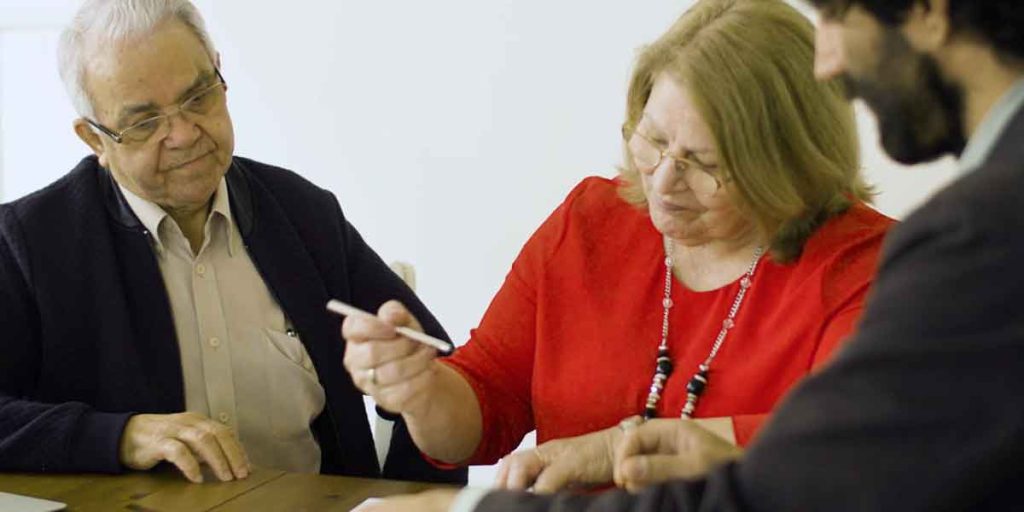What a New York Estate Plan Includes
An estate plan can provide you the essentials needed to make sure your estate and all your assets are in good hands. It includes a Will, power of attorney, a trust, healthcare proxies and care of all your belongings. A Will assigns your executor, the person who’s responsible with your final wishes, while trusts manage distribution of all your assets. Healthcare proxies is proper healthcare you ask for in your Will. A lawyer can give you the guidelines when putting your document in order to ensure you a successful future probate.
It’s important to plan for estate planning to avoid any future fees that can appear if anything isn’t prepared. It’s best to do all this with a lawyer also to forgo accuracy of any specific details you want to include. Everything will be more organized and the probate process will be less complicated. With the forms and practice manual you’ll learn about all kinds of wills, trusts, and other things involved that can help you out in the estate court. You will know what kind of lawyer to get and the fees that are included. There’s also so many kinds of alternates to pick from when it comes to what service you’re looking for which shows how much service we provide.
FAQ
1) Why do I need an attorney to write a Will?
An attorney is necessary to prevent future mistakes that the attorney him or herself is more aware of. Needs in your Will may be to vague to approve in court and that’s only one of many examples of when that can occur. The issue here is that any mistakes found in the Will has to go through a delayed probate process. Note, a probate can take up to a year and additional fees added upon these delays. So it’s crucial that you get an estate attorney to prevent further conflict.
2) Who Inherits When There is no Will?
In estate planning with no heirs all of the decedents assets is determined by the court or distributed to organizations that provided these assets in the first place. With the estate, it’s also determined with who receives the household but more funds and fees will be included. Usually the spouse or any other close relatives would inherit these assets but again, fees is included.
3) Who may be appointed to handle an estate proceeding?
In a will, it’s whoever the executor is, but if there is no will, a person who qualifies to be responsible will serve as an administrator. Then either executor or administrator will handle the estate proceeding.
4) Can I make a handwritten will?
You can make handwritten Wills but some states have different procedures when it comes to this which makes the process itself more complicated. It’s best to get an official legal document from an estate attorney because it’s more organized, effective, and official.
5) Can I collect unemployment if I go to school?
To receive unemployment you need to document that you’re looking for work and enrolled in school to receive some benefits.
6) Where can I store my will?
The Will needs to be stored in a sort of storage place where it can be fireproof in case of any possible fire that may occur. When it comes to protecting your money, don’t store it within the bank because they can limit access to a account after a passing. You can also file the Will with the Register of Wills.
7) Can an irrevocable trust be amended?
One thing you can do by is to remove assets you’ve written within the trust. You will still have the trust on file but it’ll be one that is empty. There’s also booking an appointment with the court through a trustee since he or she is responsible for making any adjustments as well in the trust even if it’s irrevocable. As long as there’s a good reason for the modification.
8) How long do you have to work to collect unemployment in NY?
According to the official ny.gov website, you need to be working for at least a month and in file at least $2,700 in wages.Your base period also needs to be higher than your quarter wages.
9. When should I make an advance directive?
The best time to make an advance directive is before you need one. In other words, before you become too sick to make your own decisions about what medical care you want to get or refuse.
10. Can I disinherit my spouse?
When it comes to inheritance laws, you’re unable to disinherit your belongings from your spouse. Even if you decide to strain your assets from your wife or husband on your Will, you’re still unable to do so because of common law and being a “surviving spouse.”









